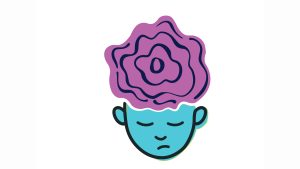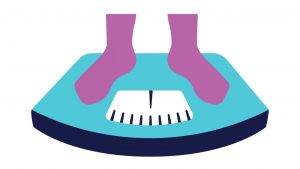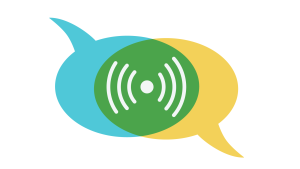
Youth mental health is a major concern. Experts have declared it an epidemic. Social media has become an integral part of teen’s lives, and it can have impacts on their mental health. Social media is not all good or all bad. The evidence on general mental health impacts of social media is mixed. There are clear risks for harm, but there are also opportunities for benefits.
Social media can expose youth to harmful content. It can be a source of increased conflict and stress, with both family and peers. The visual “highlight reel” promotes upward social comparisons which can harm youth self-esteem. Other risks include cyber-bullying, hate speech, self-harm images, violent and sexual content. Additionally, increased time online can displace other activities that benefit mental health, including physical activity, sleep, and offline interpersonal interactions. Outcomes associated with problematic social media use include increased anxiety, depression, and self-harm, as well as lower self- and body-esteem.
But these impacts are not universal. High risk groups include teenage girls, marginalized youth (particularly LGBTQ+ teens), and individuals with preexisting mental health conditions. Exposure to harmful content and excessive or problematic use are of most concern.
It is important to remember that social media can also provide benefits to teens. This includes benefits for mental health. Social media can provide opportunities for connection, identity exploration, community-building, social support and creativity. In some cases, the potential benefits are stronger also for the same groups most at risk for harm.
Healthy habits and balance are essential for supporting youth mental health and well-being. Social media literacy can have a positive impact, as well. It is best to have conversations with your child about how social media is impacting them and to help them navigate content and set limits if they want.
In short, the research in this area is continuing to suggest that there’s a combination of who a child is that interacts with what specific kinds of digital media activities and platforms they engage in that might be most important to understand any particular outcome. So a resilient adolescent who uses digital media to chat with their friends and talk about the news might be fine. However, someone that’s experiencing social or psychological vulnerabilities and engages with the most harmful or addictive concerning stimuli on digital media might have a much worse outcome.






